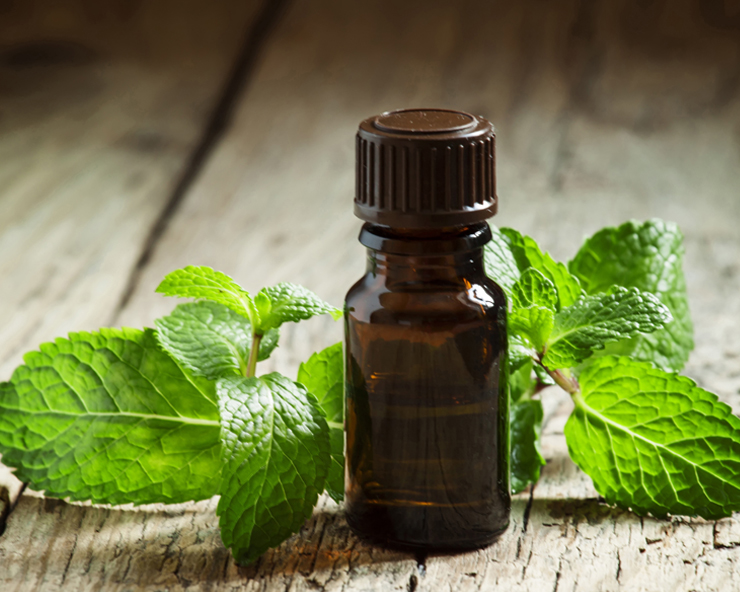Are you interested in alternative methods for preventing and treating your livestock? It can be hard to know where to start when adding new practices. Dr. Karlene Stange, DVM, who has practiced alternative medicine for 28 years, offers some alternatives to typical treatments. Below, you’ll find her recommendations for dealing with stubborn wounds, bug bites, rashes, and inflamed tendons.
Treating Wounds, Scratches, and Tendons
One of Dr. Stange’s go-to products is a jar of Golden Yellow powder for treating wounds. This Chinese herbal formula can treat abrasions, punctures, lacerations, abscesses, and large wounds. Golden Yellow powder provides strong antibacterial and anti-inflammatory properties. The powder provides a cooling sensation to the skin. Dr. Stange has used this powder for deep abscesses, and Pigeon Fever abscesses, deep puncture wounds, wounds with exposed bone, and painful infections on horse heels, with excellent success.
Dr. Stange recommends mixing a small amount of the powder with vinegar, wine, or aloe juice. The resulting paste should be the consistency of peanut butter spread over the wound daily, as needed.
The roots used to make this powder relieve inflammation, redness, and pain. It can also be used to treat hot, swollen, and inflamed hocks and tendons. This paste should only be used topically. It can discolor things it comes into contact with, so caution should be used around clothing
Essential Oils
Dr. Stange also recommends using essential oils for treating wounds, rashes, and insect bites. To ensure safety and efficacy, use only therapeutic-grade oils. Dr. Stange recommends these low-cost, effective oils with the following properties:
- Peppermint – anti-inflammatory, antibacterial, antifungal, and analgesic.
- Lavender – antiseptic, antifungal, anti-inflammatory, analgesic.
- Geranium – antibacterial, anti-inflammatory, antifungal, ideal for the skin.
- Pine – antiseptic and has cortisone-like properties.
These oils may be used at full strength, but a very small amount can often be mixed with any organic vegetable oil and applied topically. For example, in the case of an open, oozing insect bite or any rash: In a 15 ml bottle, place 20 drops of lavender, 20 drops of geranium, and 10 drops of pine; fill the bottle with organic food-grade oil. Apply as needed, usually 1-3 times daily.
The following recipe can be used as a fly repellant and soothe insect-bitten skin.
In a 1-quart spray bottle, add
2 cups water
2 cups white vinegar
25-30 drops of lavender
15-20 drops of peppermint
10 drops melaleuca or eucalyptus radiata
Shake well before each application. Avoid eyes.
Are you interested in learning more about alternative wound treatments? Review the links below! To learn more about Dr. Stange’s work, check out her books or contact her at the email below.
Karlene Stange, DVM, has practiced veterinary medicine in Durango, Colorado, for 37 years. She has used alternative medicines for 28 years and is the author of the book chapter “Wood/Liver Element Syndromes” in Practical Guide to Traditional Chinese Veterinary Medicine (Reddick, Fl: Chi Institute Press, 2014). She is also the author of the Spiritual Nature of Animals: A Country Vet Explores the Wisdom, Compassion, and Souls of Animals, (Novato, CA: New World Library, 2017). Contact her at info@Animasanimals.com.
Resources:
Wound care with traditional, contemporary, and alternative medicine

